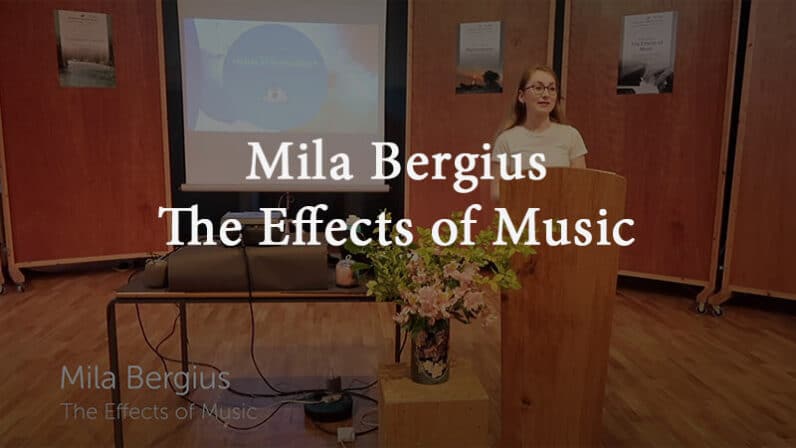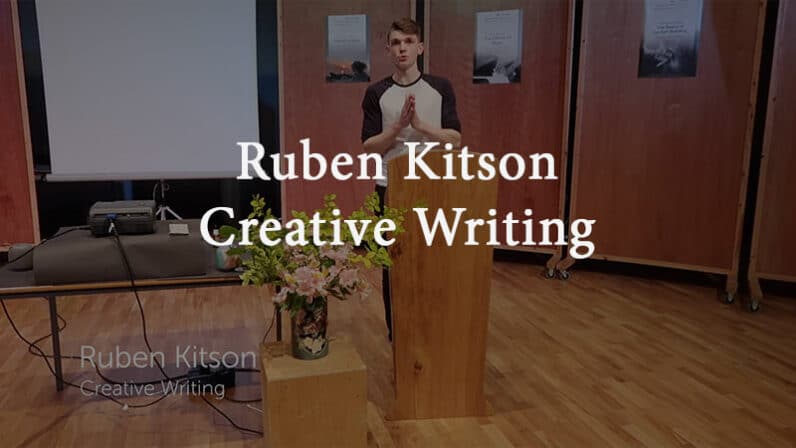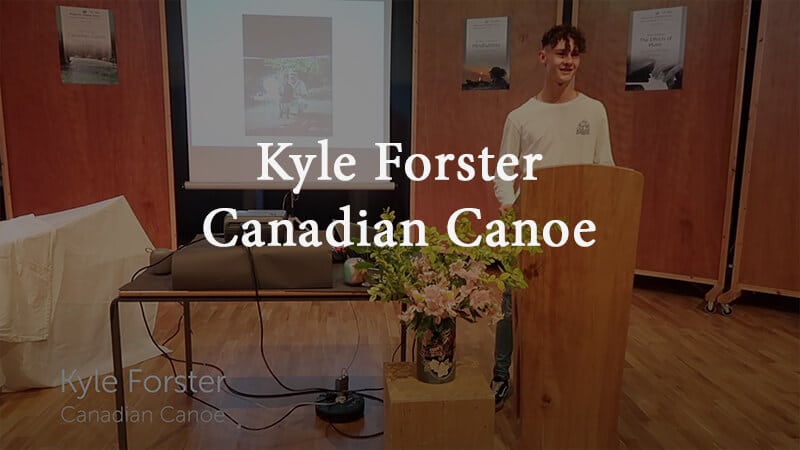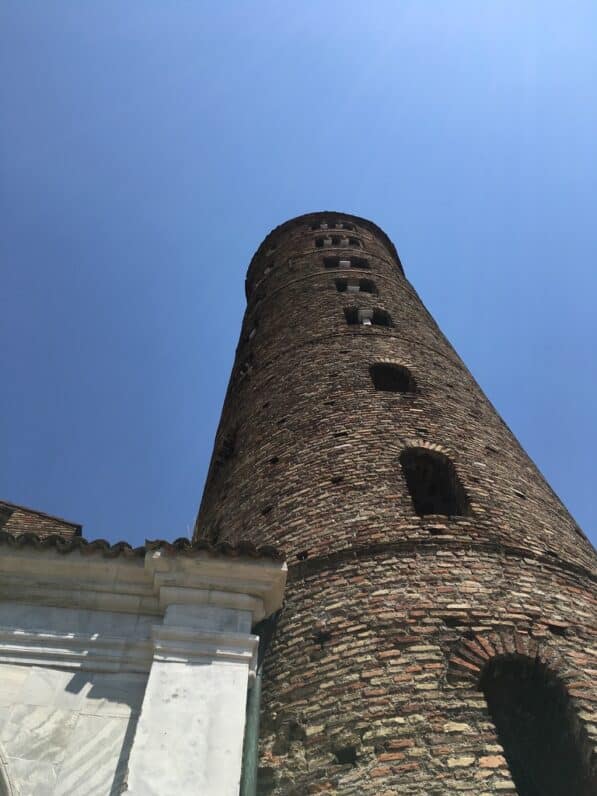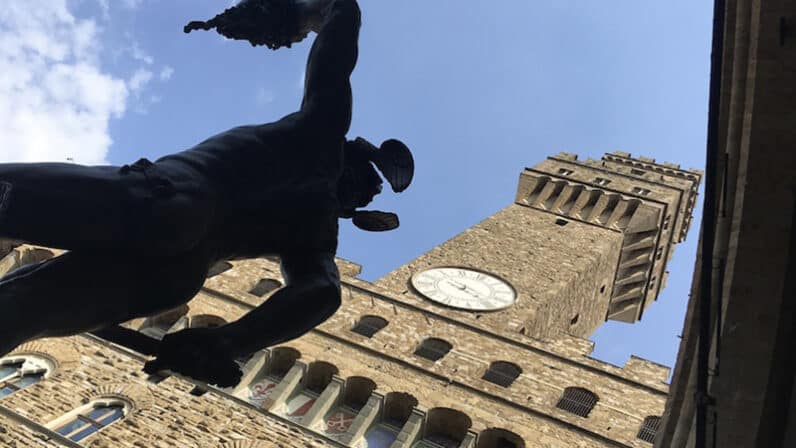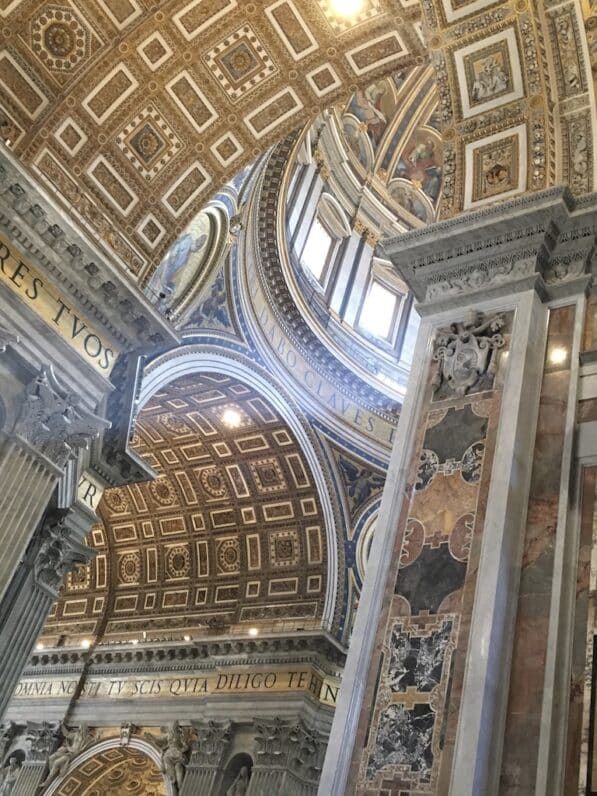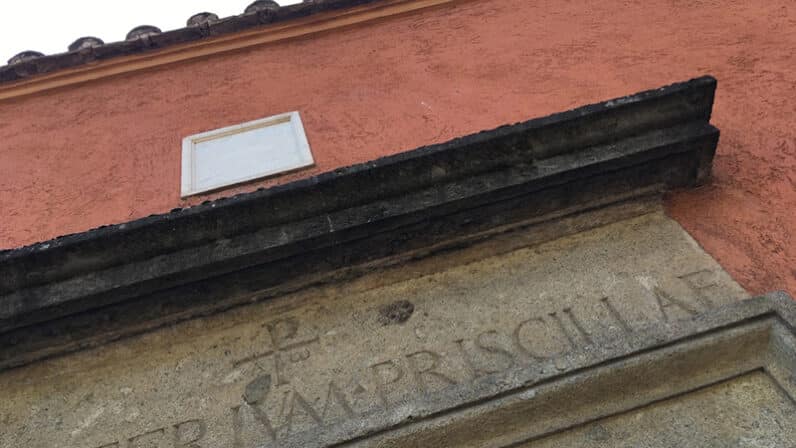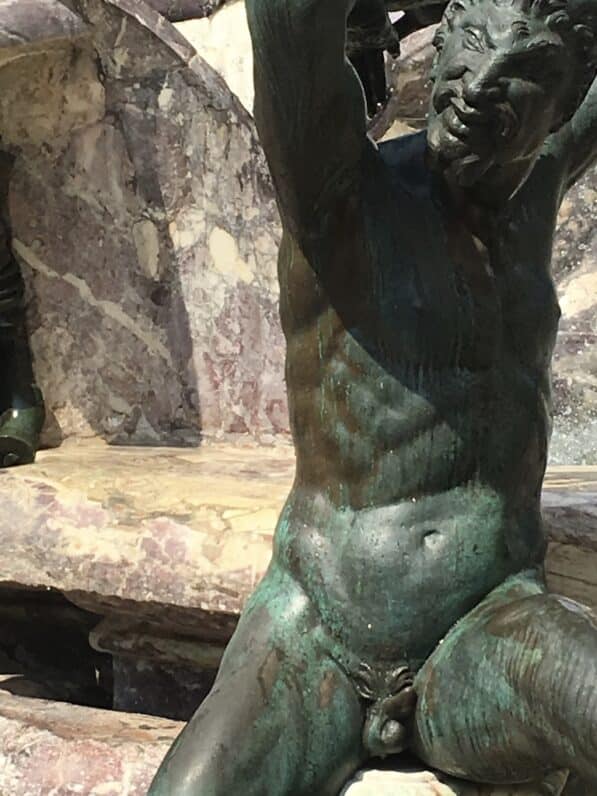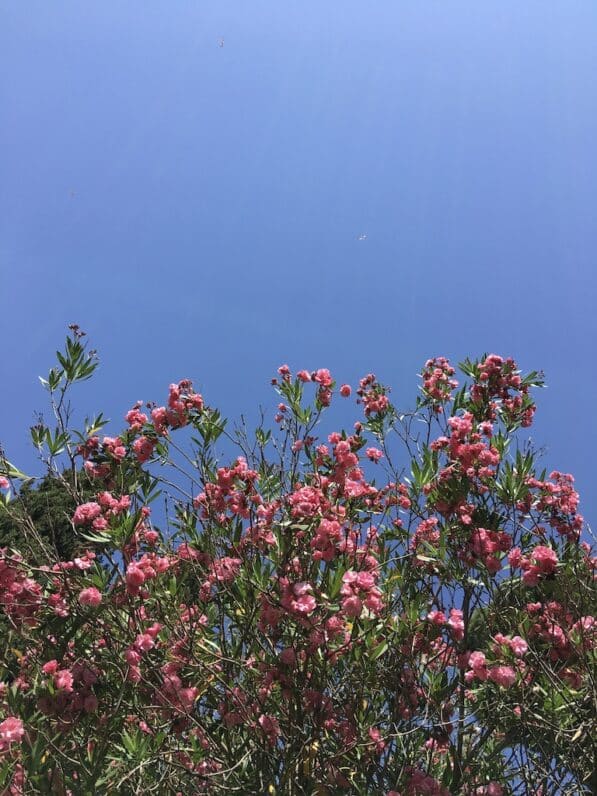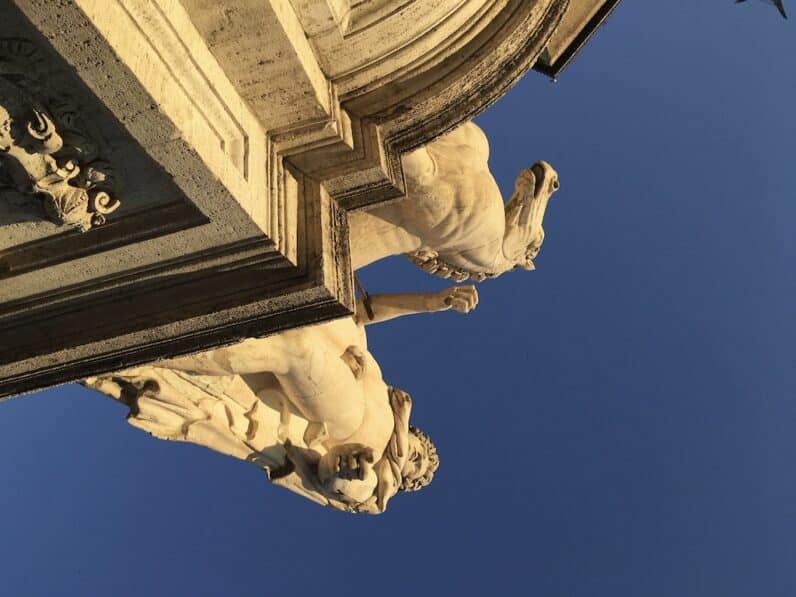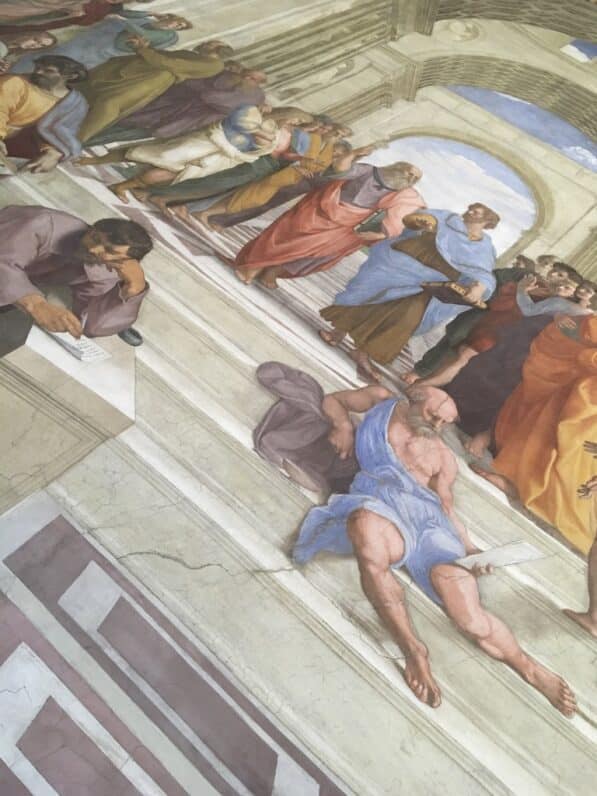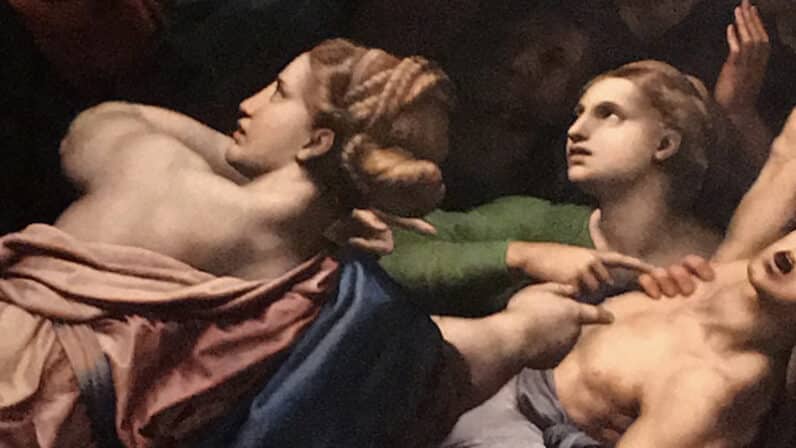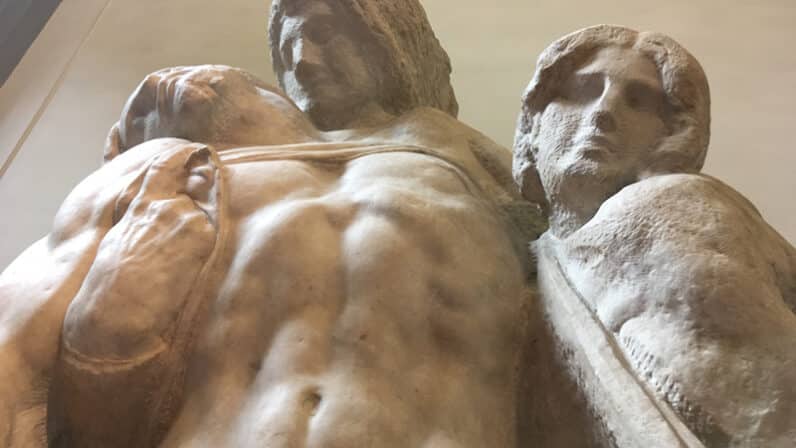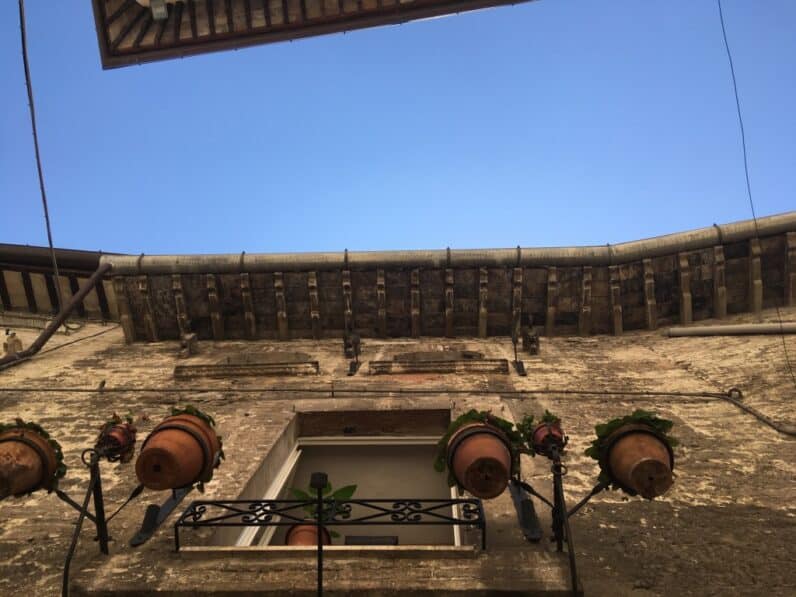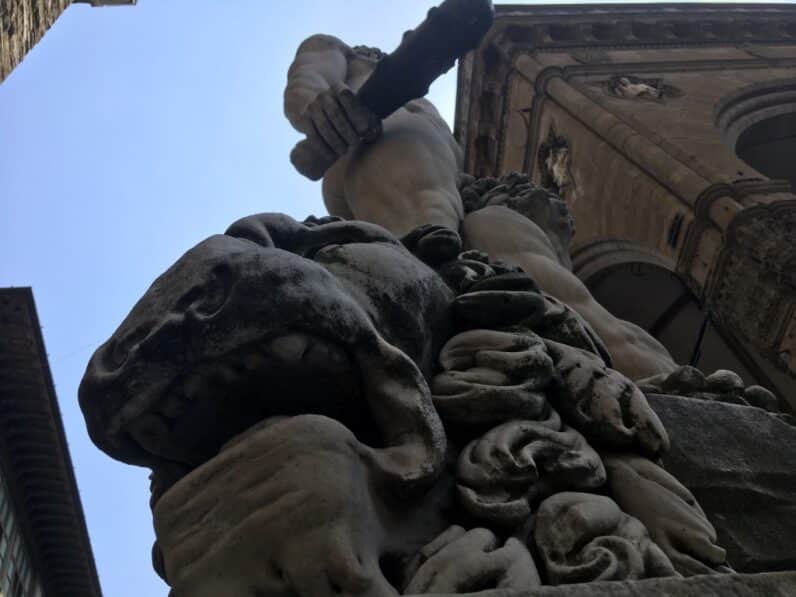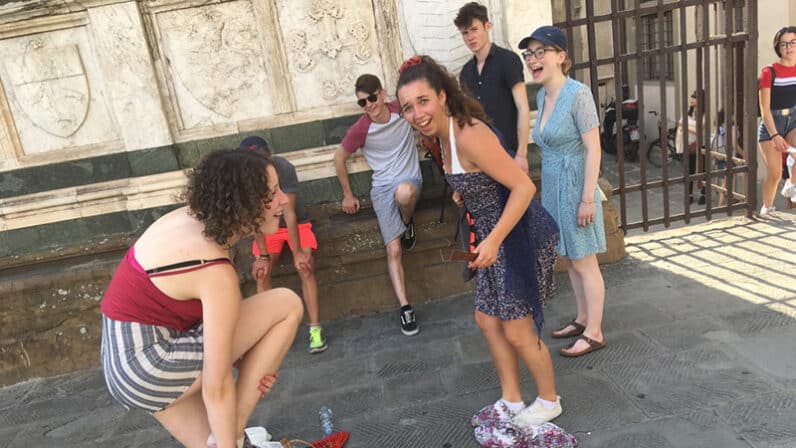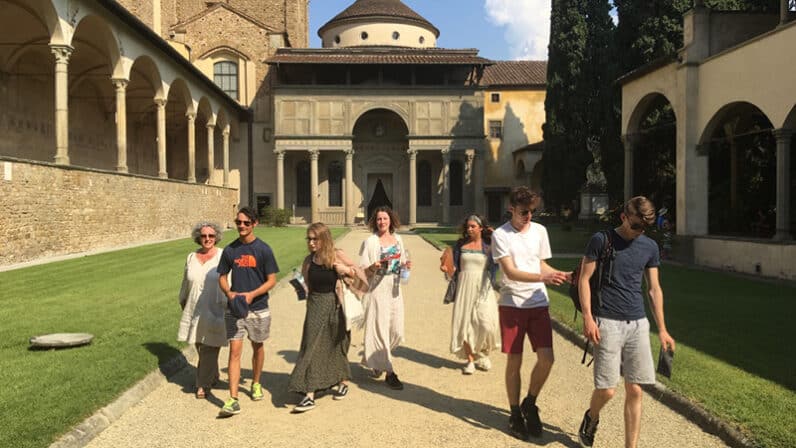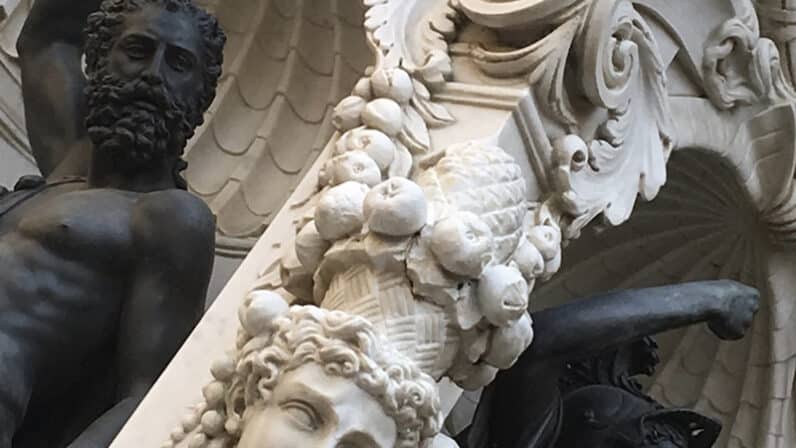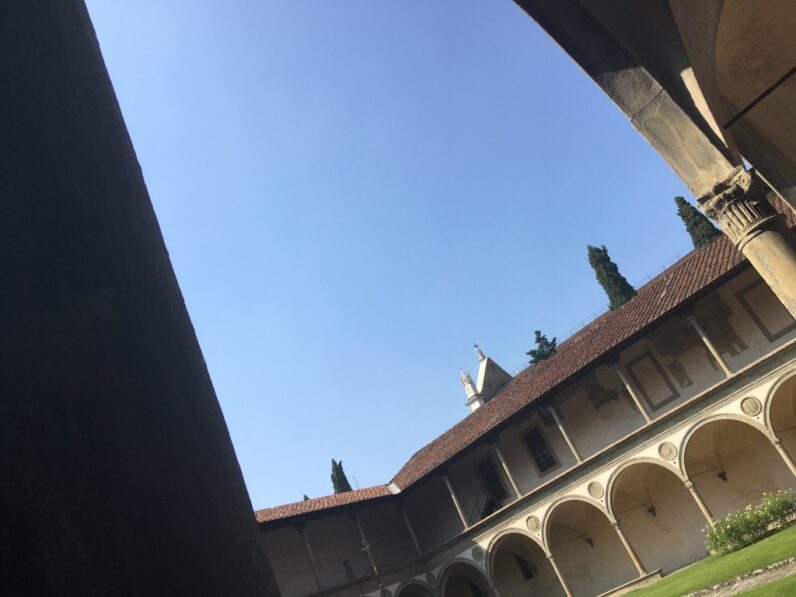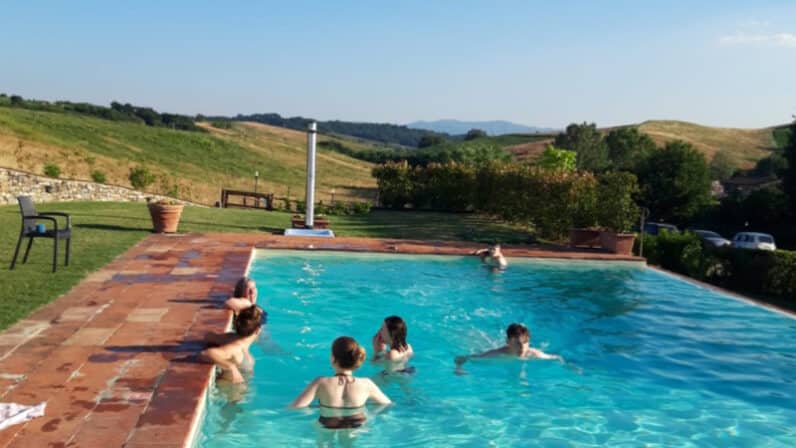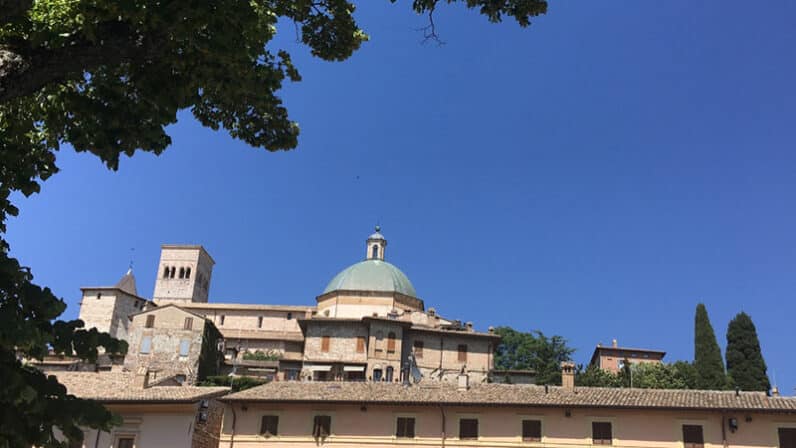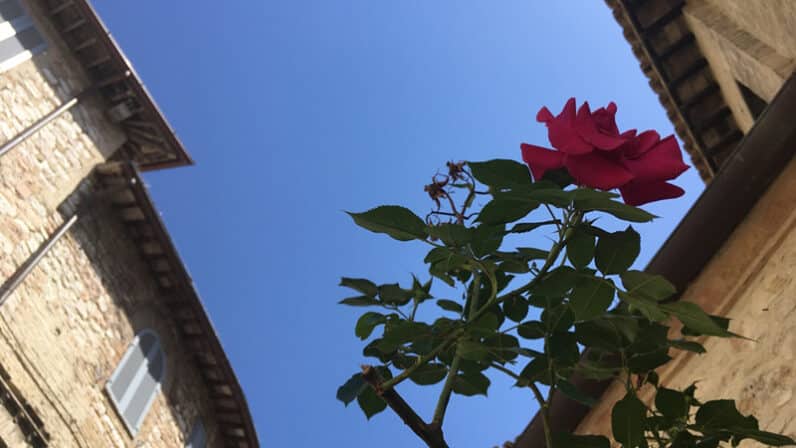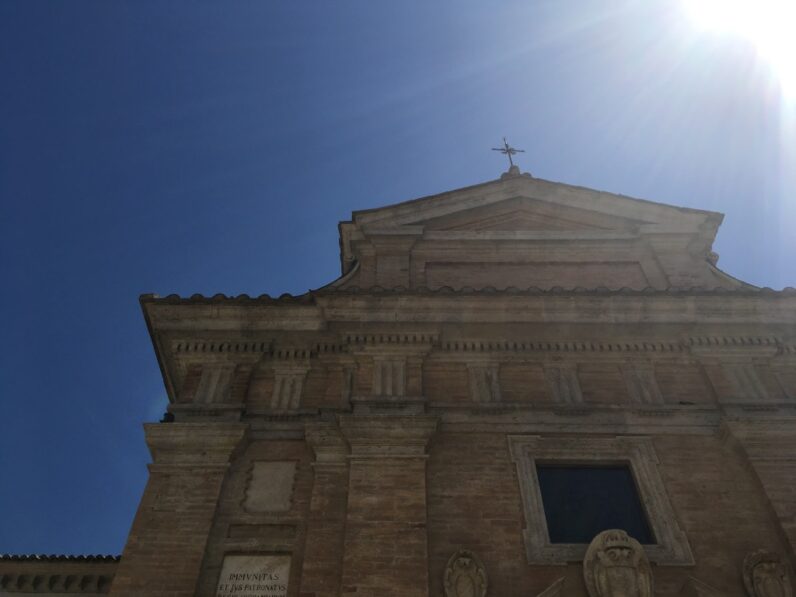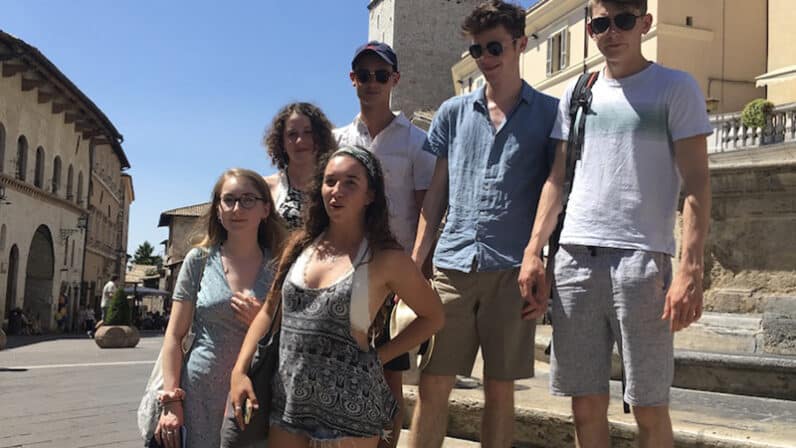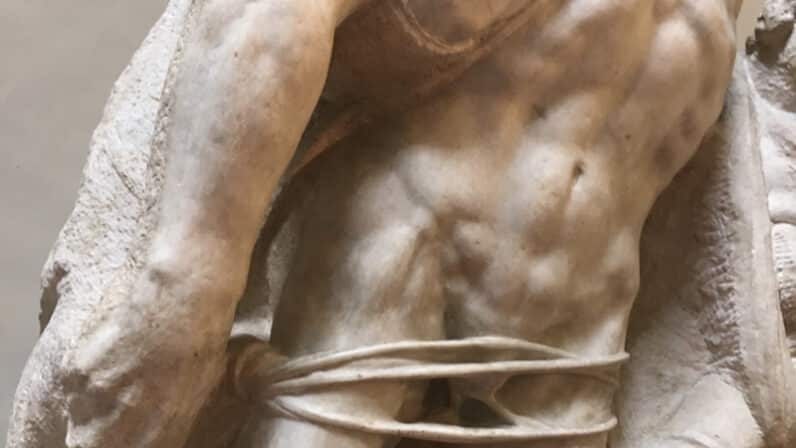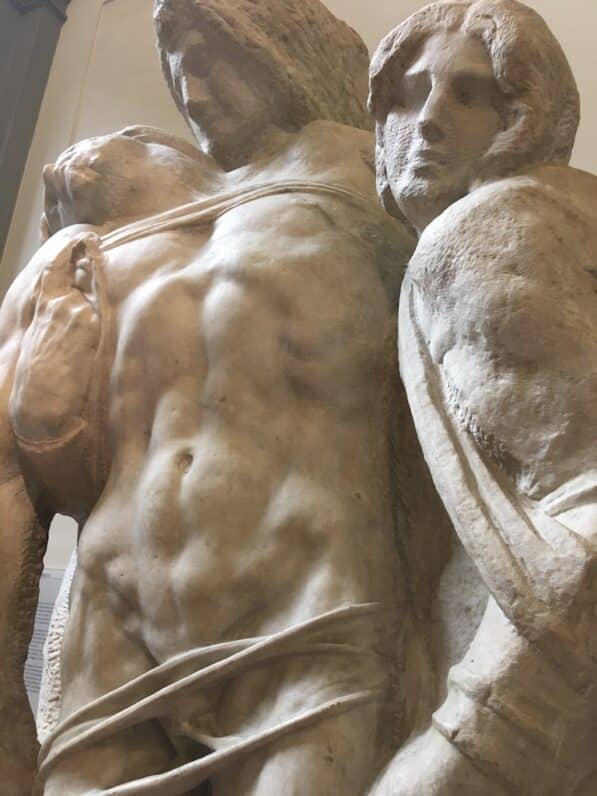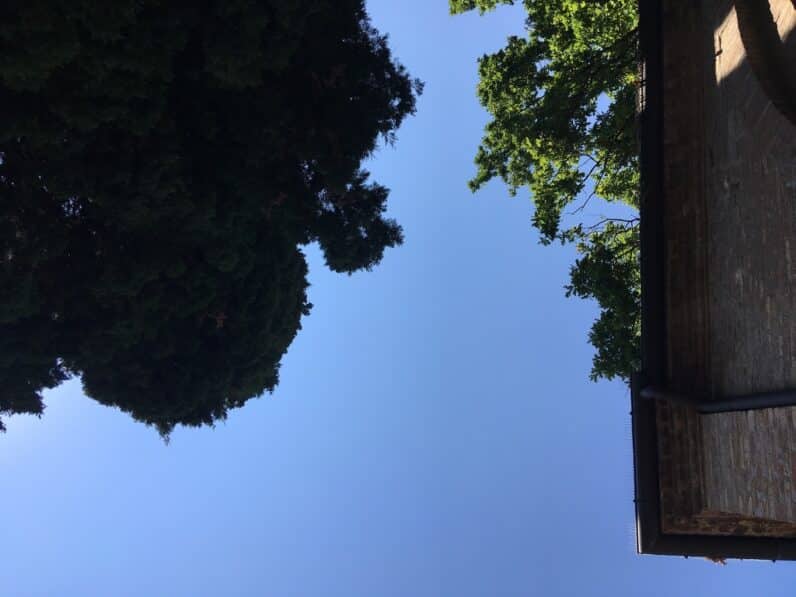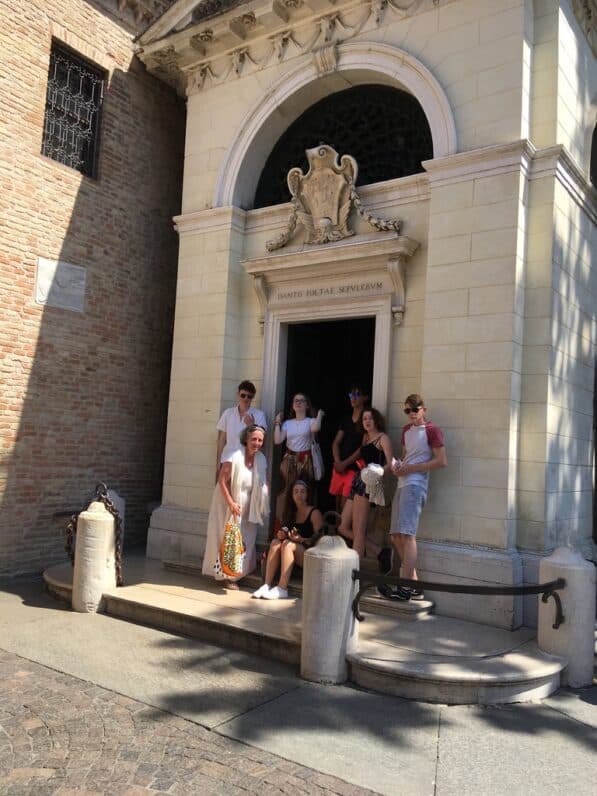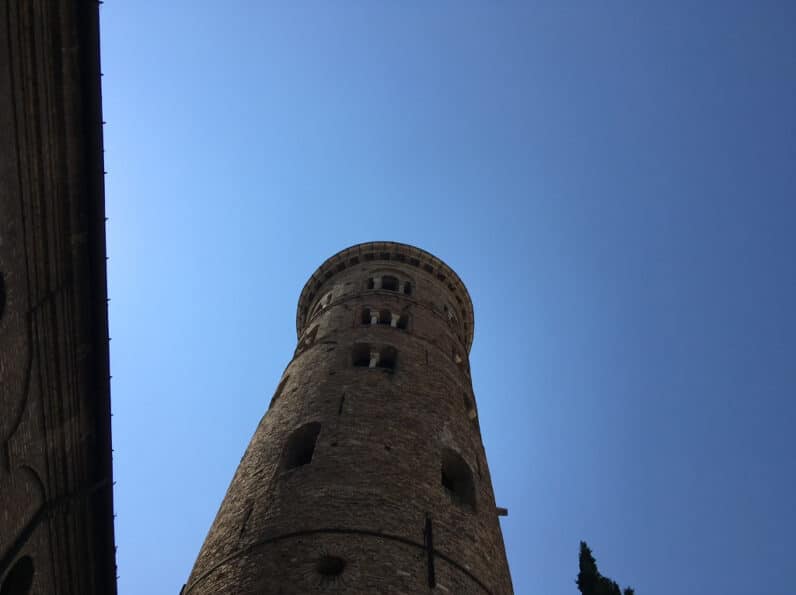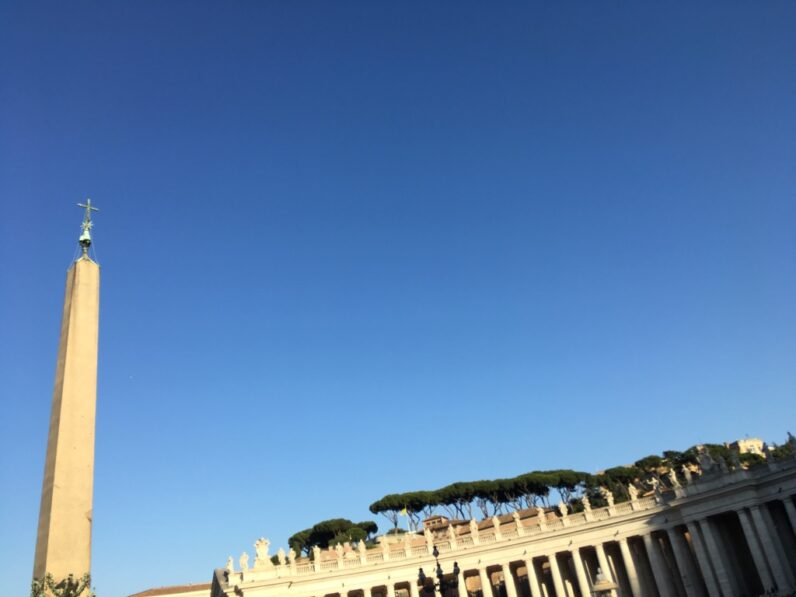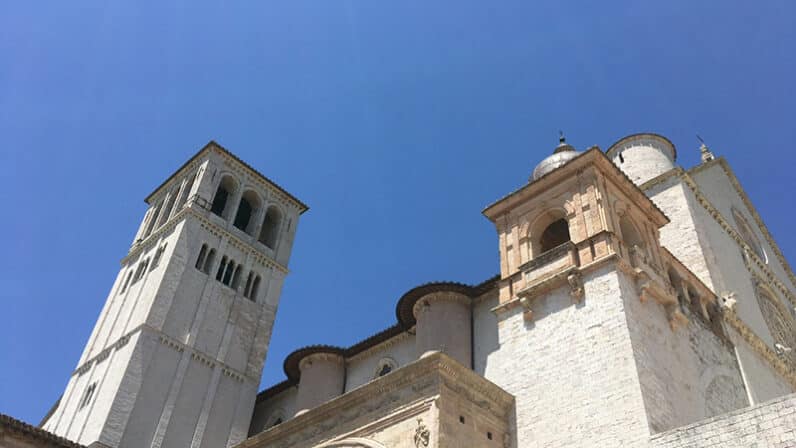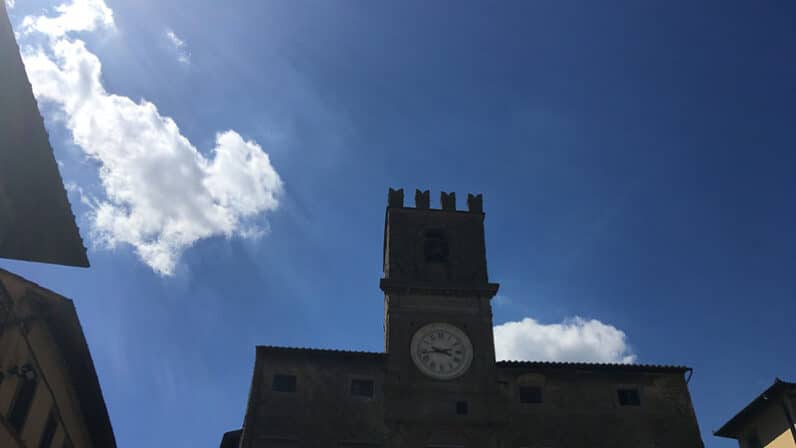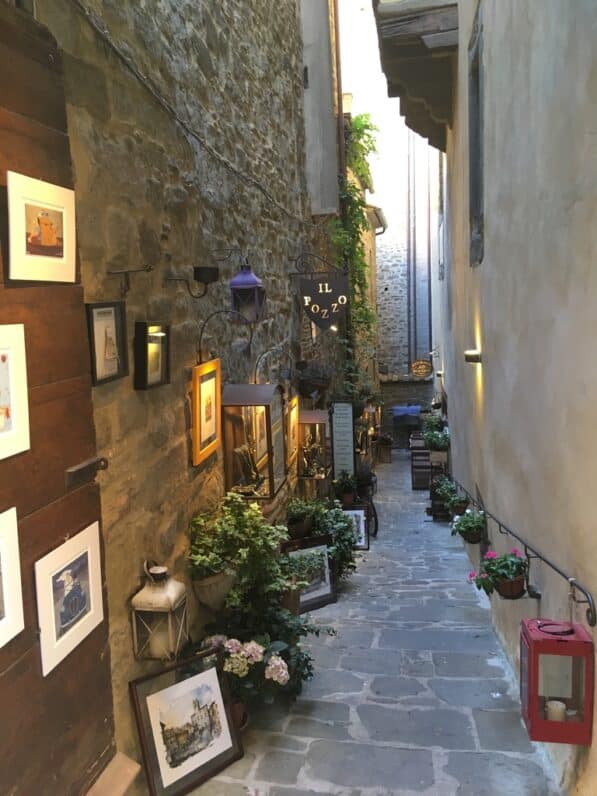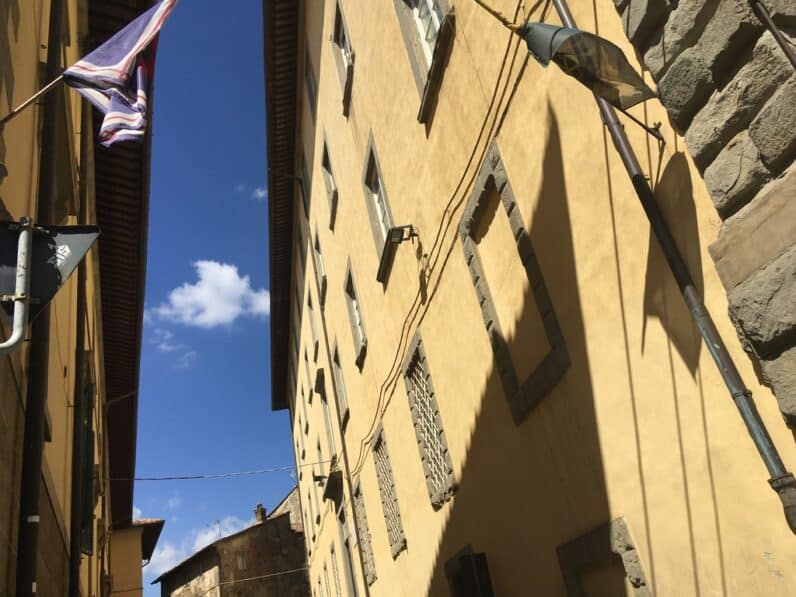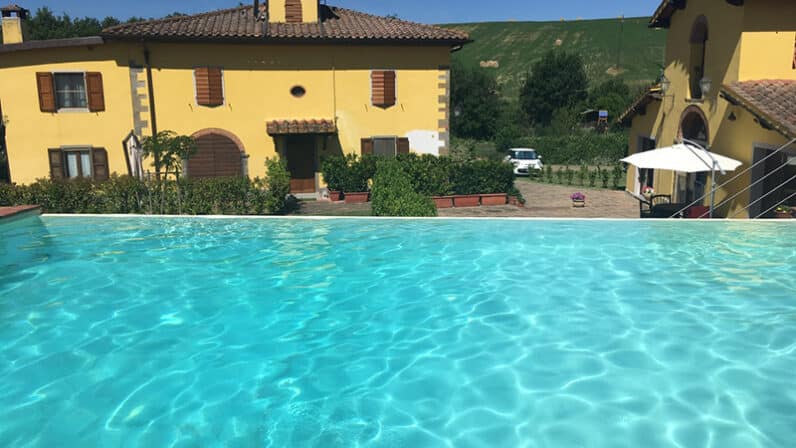For Choice in Education
Class Twelve - The Power of Synthesis
Class Twelve is the culmination of all the experience the pupils have gained in a Waldorf School. At this point in the pupils’ development, they are able to grasp large conceptual ideas. In many ways, we give the pupils a picture of different subjects as a whole experience by exploring the ways in which disparate parts make up the whole. For example, in Zoology, the pupils look at the parts of various organisms and how they make up the whole of the individual animal, and also how the individual animal is part of its own ecological environment, which in turn is part of a worldwide system.
Pupils experience a variety of Main Lesson classes in which they are expected to produce a book or project at the end showing their grasp of the content and concepts presented. Pupils also have skill classes in essential subjects (in Waldorf education this includes the arts), as well as electives to augment individual interests. Quizzes, tests and papers may be forms of assessments for all of these classes depending on the individual teacher. Pupils receive final grades for these classes that are sent home half-yearly and added to their final transcripts.
Class Twelve Course Guide
Class Twelve
Main Lessons
Subject Lessons
Craft Workshops
Graduation Events
The Class Twelve Project
It is a Waldorf Upper School tradition to undertake an extensive self-directed project in Class Twelve. The projects range from something practical to an academic research paper. This experience intends to challenge the individual by encouraging the students to discover new perspectives through their passion.
They are required to accomplish this assignment in the last year of their education; relying on their resources, working independently. The work involves a practical element, an extensive written report and a presentation to the school community, exercising their public speaking skills.
Class Twelve Project Presentations
The Class Twelve Cultural Trip
It is a tradition in Waldorf schools in Class Twelve to end their education with a trip, known as The Cultural Trip. It takes graduating pupils to influential cultural centres in Europe. Italy being the foremost destination, especially areas making an outstanding contribution to the social and artistic revolution known as the Renaissance. The ten-day-long trip includes visits to Ravenna, Assisi, Florence, Sansepolcro, Cortona and Rome. The artwork we observe ranges from Roman and early Christian art to Caravaggio’s and Bernini’s Baroque in Rome. They encounter numerous works of innovative Renaissance masters (Giotto, Masaccio, Piero della Francesca, Fra Angelico, Botticelli) and the art of High Renaissance artists like Michelangelo, Leonardo and Raphael.




